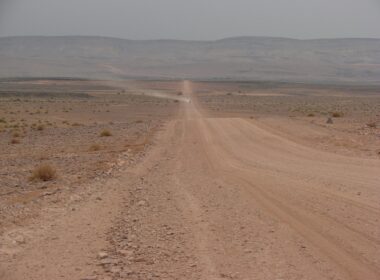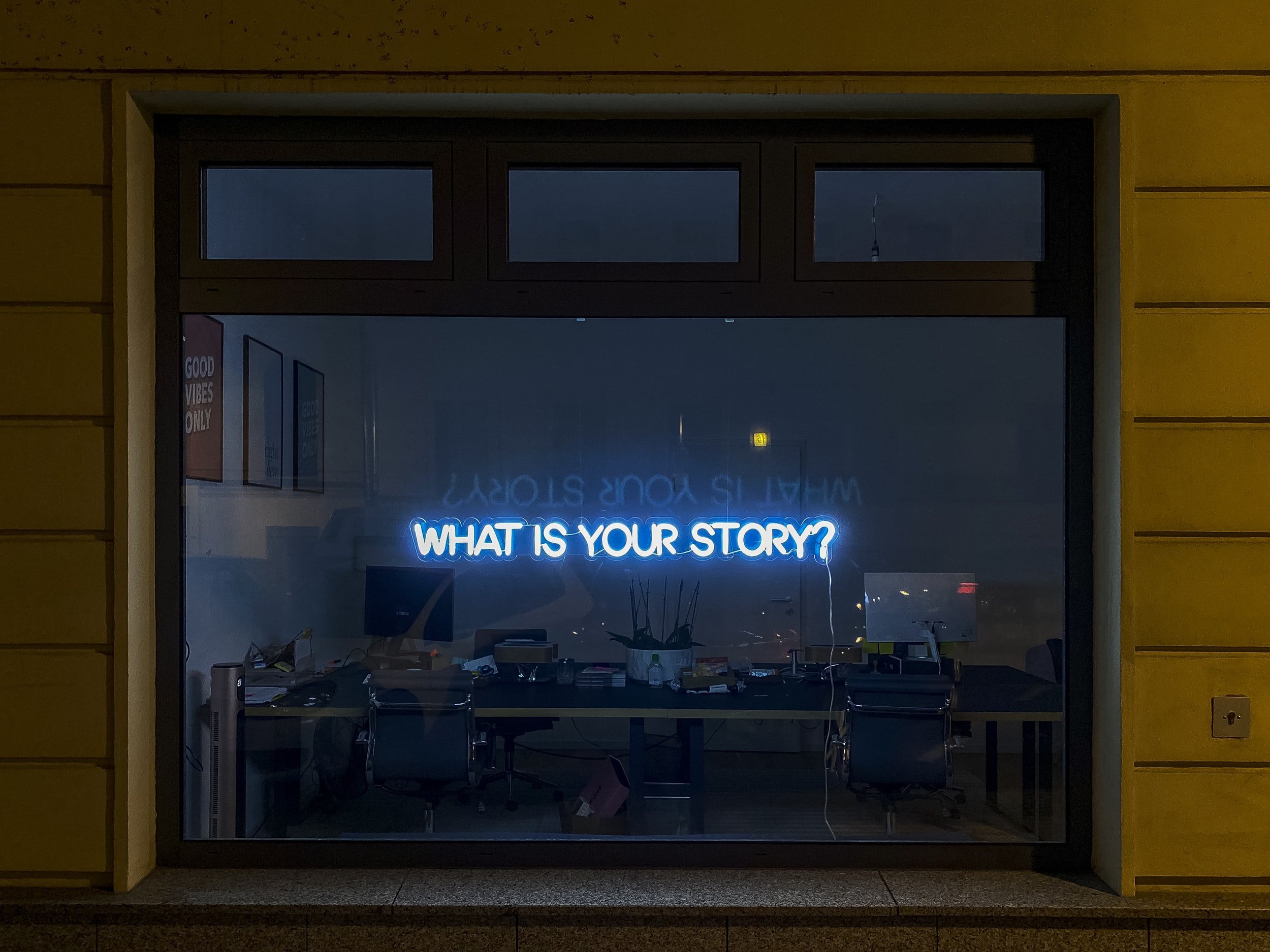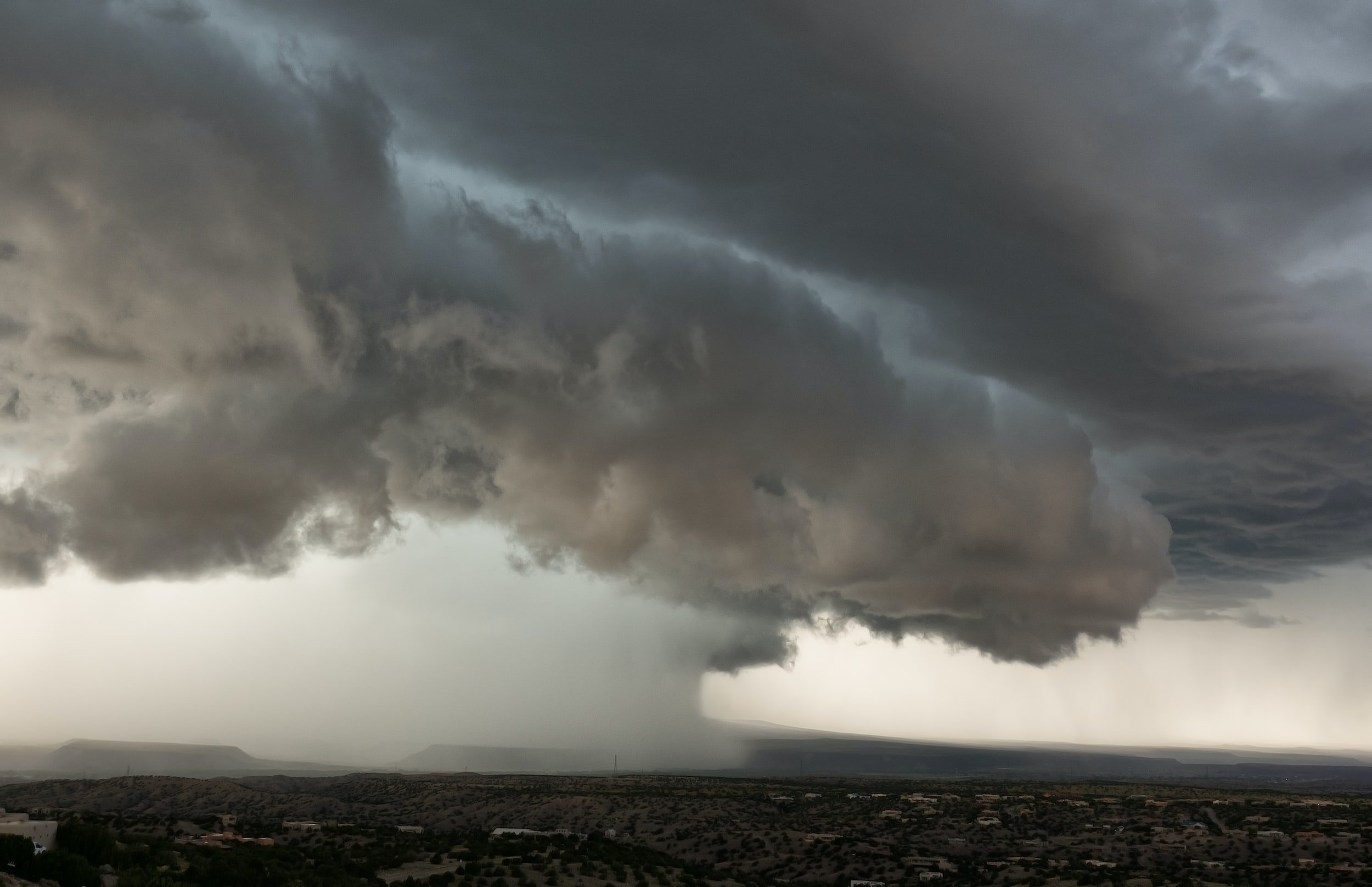I stumbled through eighth grade. Friendships were stunted, my social acumen forever undermined by social anxiety and a stretch of six months when I hobbled through the halls of our two-floored middle school on crutches. (Don’t ask — it’s really not a story worth sharing.)
I know what you’re thinking: Who doesn’t clumsily careen through middle school like a wayward pinball? Awkward was invented in the eighth grade. But there was more to it for me; while other kids were fumbling with early-stage romantic crises, I fumbled with general direction. I didn’t really know where I belonged.
The “lack of belonging” angle is tired, so let me give it a bit of life and color:
I wasn’t simply directionless in the way aimless eighth graders are, pinging from cafeteria lunch to gym class to Algebra without much care for what the next minute has in store. I thought — earnestly — about what would come next and how I would approach it. Where did I fit in and how could I perform at my best? What would my contribution be?
I wasn’t without a tribe, either. I excelled at academics, so I spent most of my formative middle school moments with nerds and geeks and dweebs and whatever other reductive monikers we were given in those days. Yet even in their accepting company, I felt like an outsider. Each one had a niche: A gift for science, a love of history, a knack for math, an obsession with literature. They specialized in their nerdom, which gave them a clear identity and a distinct focus.
I, on the other hand, seemed to do do well in most subjects but couldn’t find one that excited me much more than the others. Sure, there were moments when history riled me up or literature stirred my imagination. Even moments when math clicked in a way it usually didn’t — and that was exhilarating. Nothing ever stuck, though. The interest would shift, predictably, to something else, and I was left with one broad-stroke identifier: Jeff, the kid who’s good at school.
Would you be surprised to learn that this conflict persisted into my 30s? I still find myself bouncing like a pinball from one subject to the next, a slightly larger eighth grader with better hair. My first bounce landed on faith and spirituality. Then food. Then the machinations of leadership. Then the humanity of business. Then a mishmash of all of it.
The only constant has been writing — a creative love that emerged in my late teens and has tugged at me ever since.
But even that demands a subject. In my early days of drafting, seeking out inspiration and guidance, a lot of experts told me: “Read, then write.” So I have. But the problem always comes back to this, pointedly revealed by the doyenne of poetry, Toni Morrison: “If there’s a book that you want to read, but it hasn’t been written yet, then you must write it.”
Do you know how many times I’ve tried, Toni? The subject eludes me. What do I write about when the world piques my interest a thousand different ways? And even if I can hold a topic for longer than 10 minutes, how do I make it original, unique, a fresh-faced boon to the world of literature instead of an over-wrought redundancy? What expertise do I have in, well, anything — except myself? (And no, I hardly think my life is worthy of a memoir.)
In moments like this, ground into frustration, I remember my days in eighth grade — the days I recognized my gift for academics and my disconcerting aimlessness. I crave a prompt, a premise, an idea to run with — something that grabs me long enough to dig, explore depths, uncover unknowns.
I want to please the docents, the life-livers who cry: “Find your passion. Do what you love. Follow your heart.” They’re not giving me a map, though. And how could they? The map is mine to create. But I have no idea where to start.
#
A short while ago, I started a book called “Midnight Library.” The premise is simple: A young woman, lacking in purpose or direction, decides to take her own life. But her attempted suicide lands her in a library of lives that might have been had her decisions been different. Over the course of many chapters, she explores these lives, revealing forgotten regrets, fears, doubts, wishes, desires. And, ultimately, the root of her happiness.
The underlying message, slowly revealed like a note written in lemon juice hovering above a flame, has begun to sink in: It’s not about A to B. It’s not about hurrying to find a passion, or pressing the right buttons that trigger satisfaction. It’s not about going anywhere — or movement in any degree. And it’s not about creating a map.
It’s about how you accept the moment that is, and what you do with it — never mind how it leads to the next moment. The happiest people I know are rooted in the now, without much concern for the ripples that lead into tomorrow. Heck, even the greatest writers I know channel emotion and thought ignited in the moment.
So why am I lusting after a better-than, a next point, an indistinct passion in the distant horizon? Why the lust for impact in the future? I think it has something to do with making a “forever mark” that lightens the world just a little bit. To leave this messy place better than I found it.
As my dear friend Emily Dickinson shared with me, however, “Forever is composed of nows.” Maybe, just maybe, my fellow eighth graders had it right all along: Stop thinking about what you’ll do tomorrow. Use your gifts now, in whatever way the mind, the soul, the spirit inspire. Tomorrow will take care of itself.










